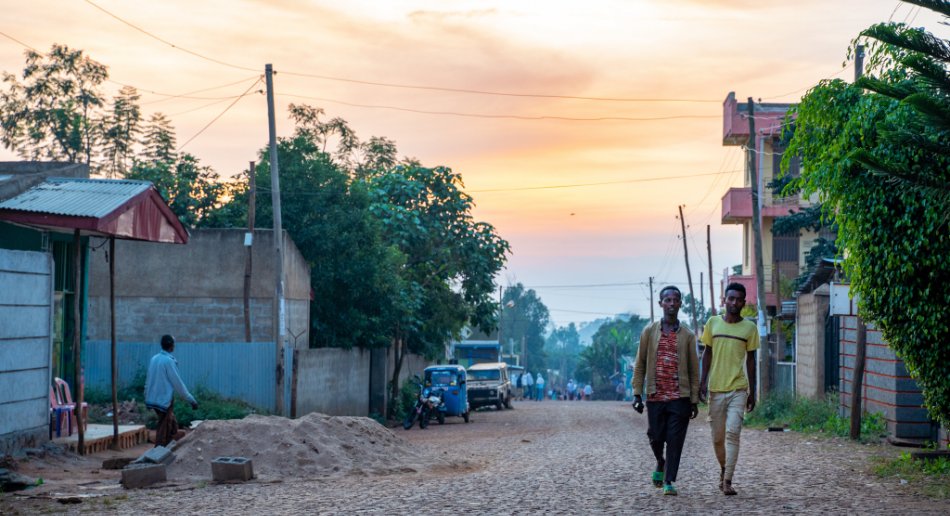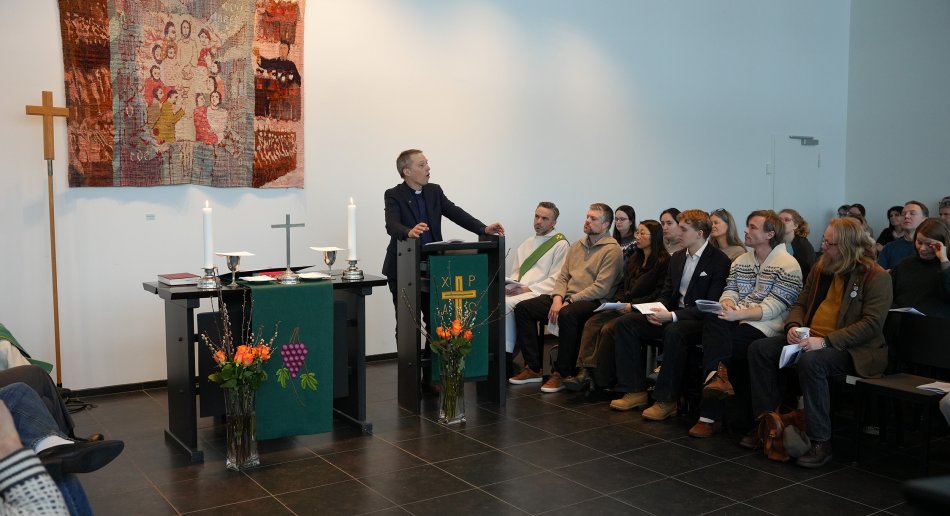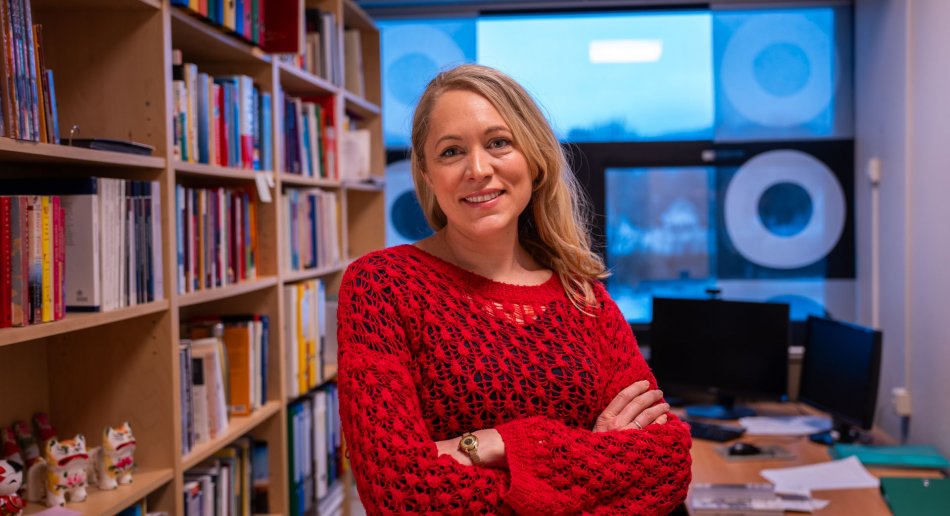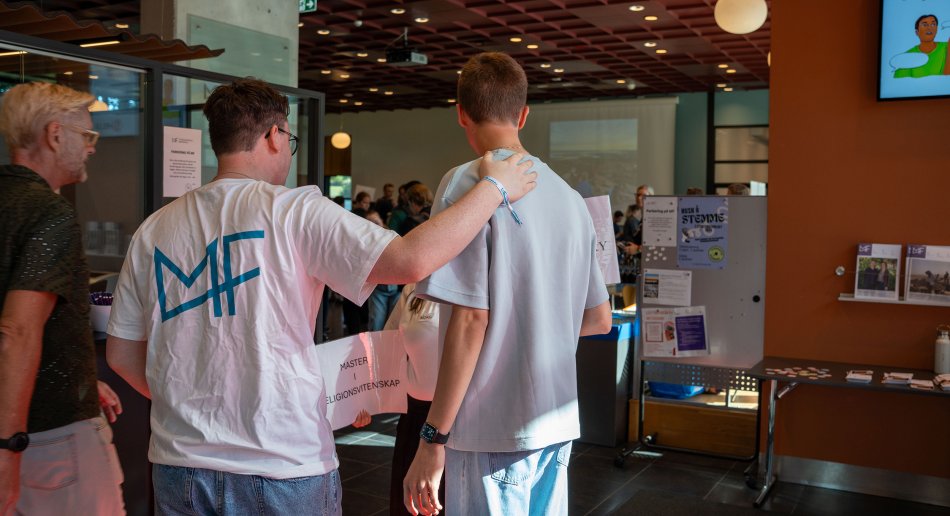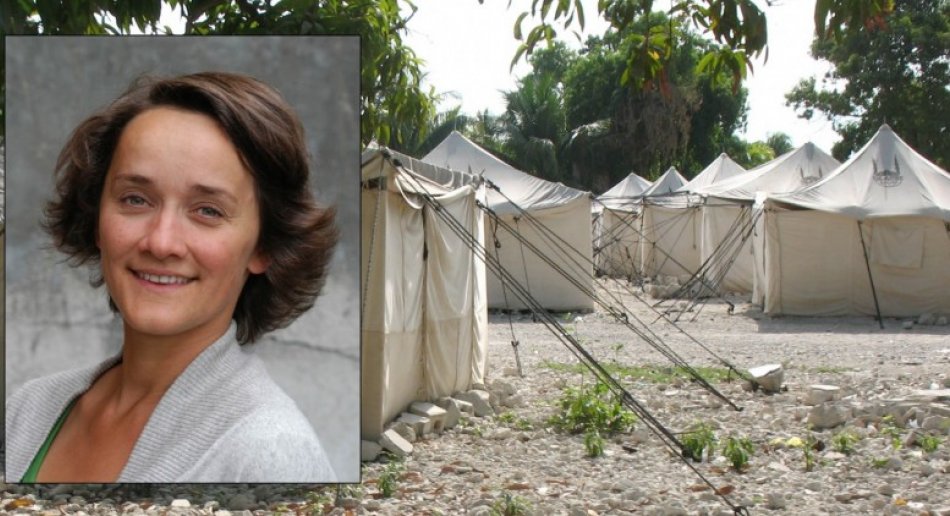
Researching Muslim aid
MF is taking part in a new, large, international research project that will investigate how Muslim humanitarian agencies operate in areas of crisis, and how different Muslim organizations, philanthropists and government initiatives cooperate on this work across national boundaries.
For the next three years, associate professor Gina Lende from MF will be researching ideas, networks and practices among Muslim humanitarian agencies. She will do this together with seven other researchers from Norway, Nigeria, Indonesia and Pakistan.
The Peace Research Institute Oslo (PRIO) will lead the project, which involves cooperation with experts from Bayero University (Nigeria), University of Peshawar (Pakistan), Universitas Islam Negeri Syarif Hidayatullah (Indonesia), in addition to MF and the Christian Michelsen's Institute (Bergen). The project is financed by the Research Council of Norway.'
Extensive, invisible aid
- The numbers are conjectural, but it is believed that Muslims give somewhere between 1200 and 6000 billion NOK in alms every year. Even at the lowest estimate, this is 15 times more than what the UN reports goes to humanitarian aid every year. The great majority of Muslim aid is not given through traditional western aid agencies and thus can be called "invisible aid", says Gina Lende.
Many Muslims give their zakat, obligatory alms, directly to poor neighbours or relatives, while others donate through their mosque, to local aid agencies, or to larger international Islamic aid agencies.
Little previous research
- There are many crises in the world, but traditional western-oriented aid is shrinking. The UN has advocated for more coordination and partnership between public and private donors, secular and religious. In this growing cooperation, Muslim agencies are central. Little research has been done on local Muslim humanitarian work in the context of larger, multinational networks, and on how ideas «migrate» between different countries and regions. This project is an important contribution to understanding changes in global humanitarian work, says Professor Gina Lende.
For more information on the project, visit PRIO's website.
Forskning
